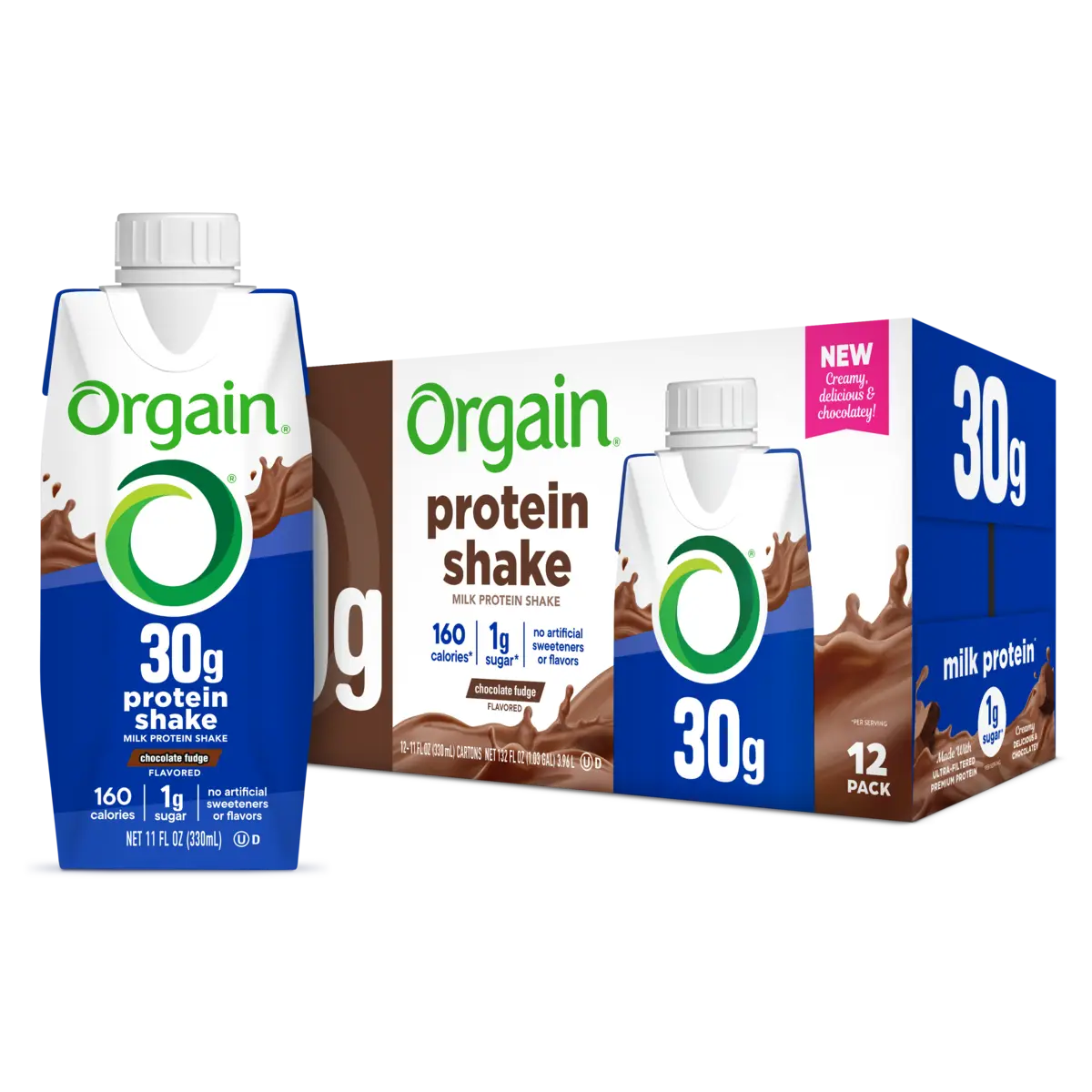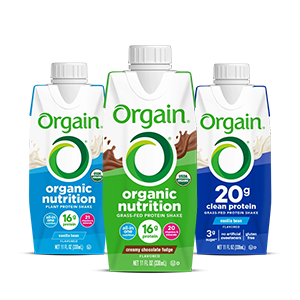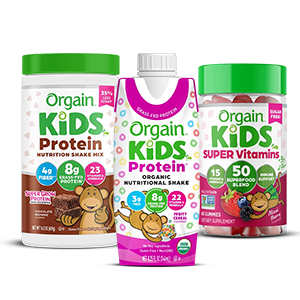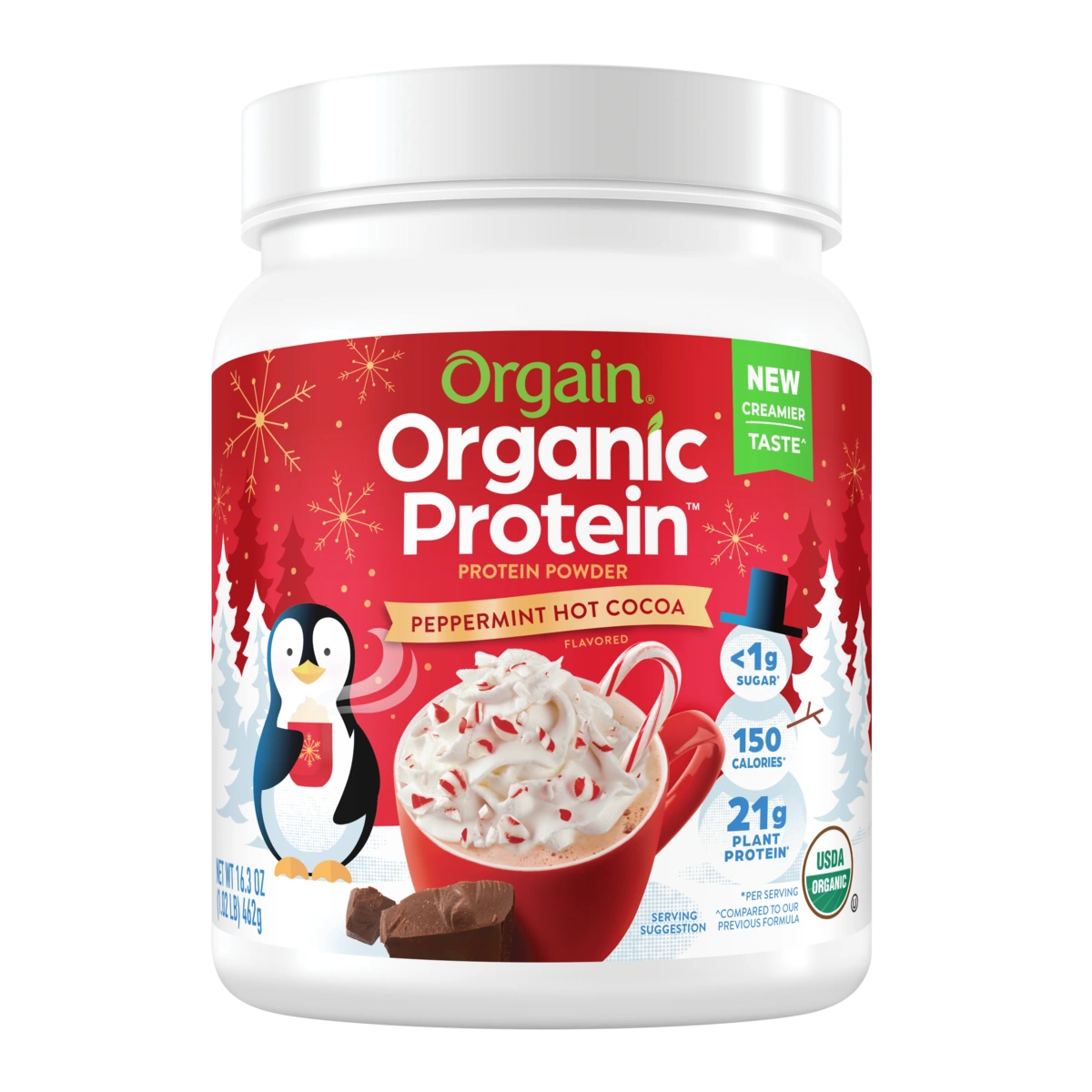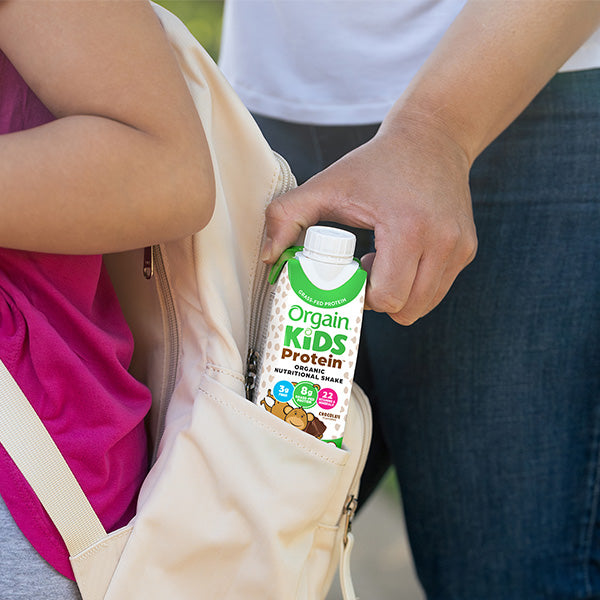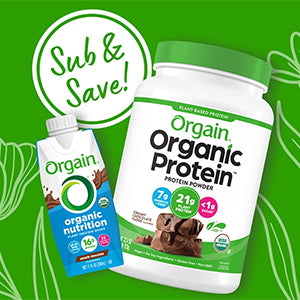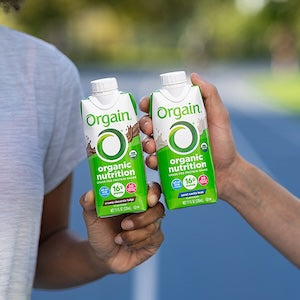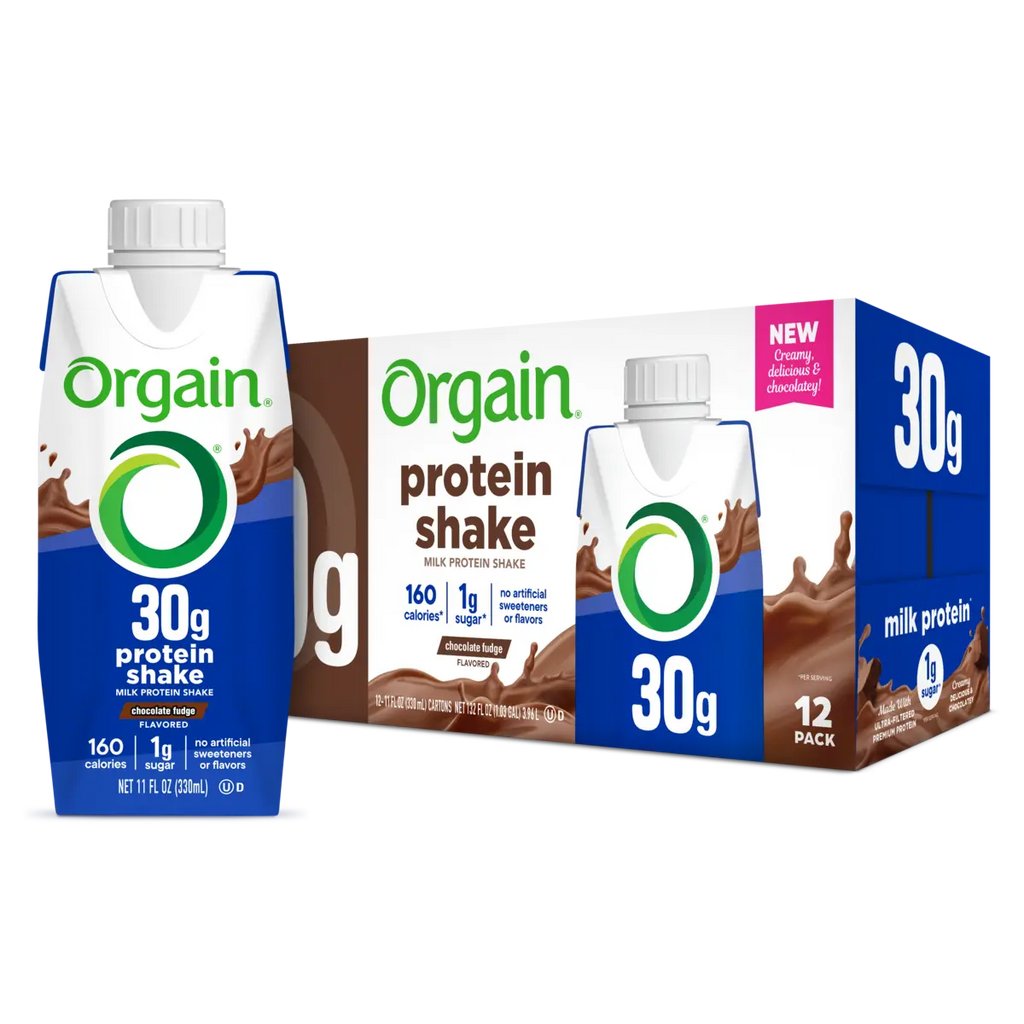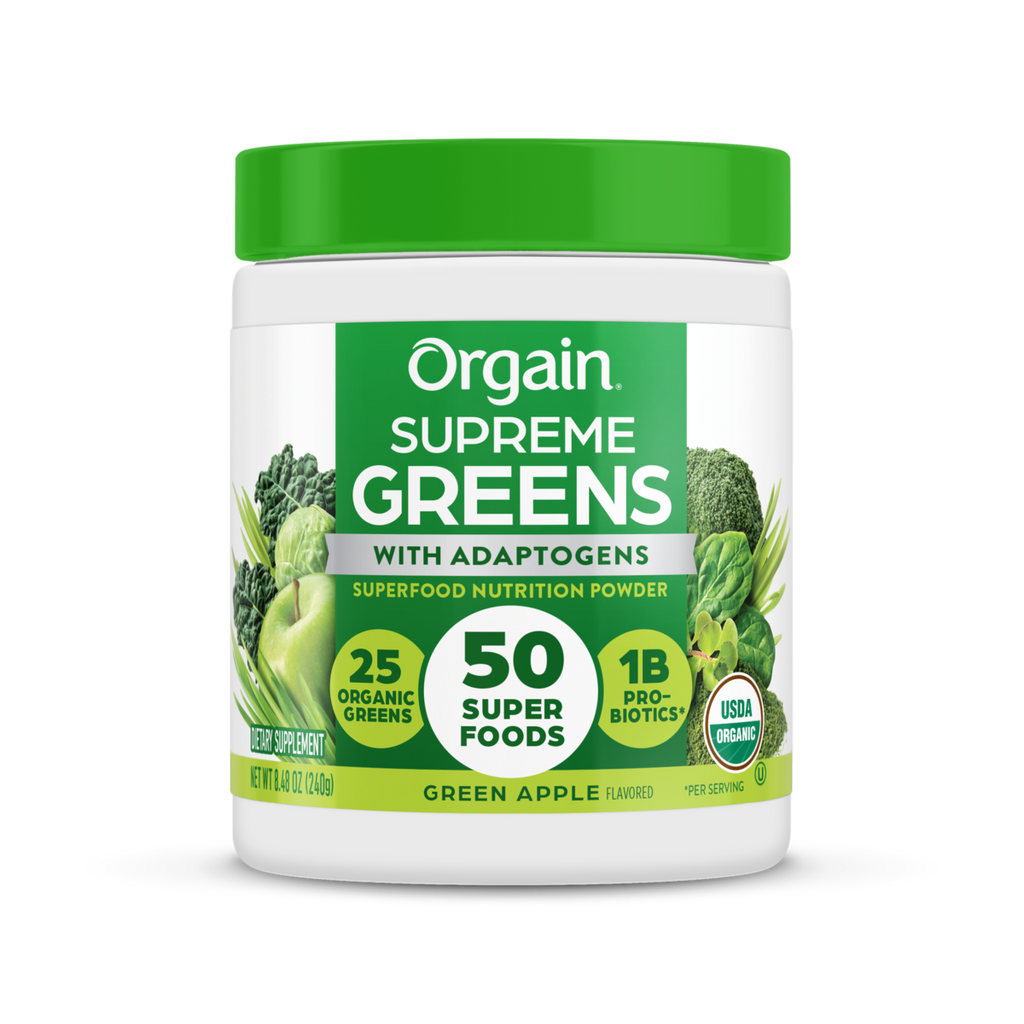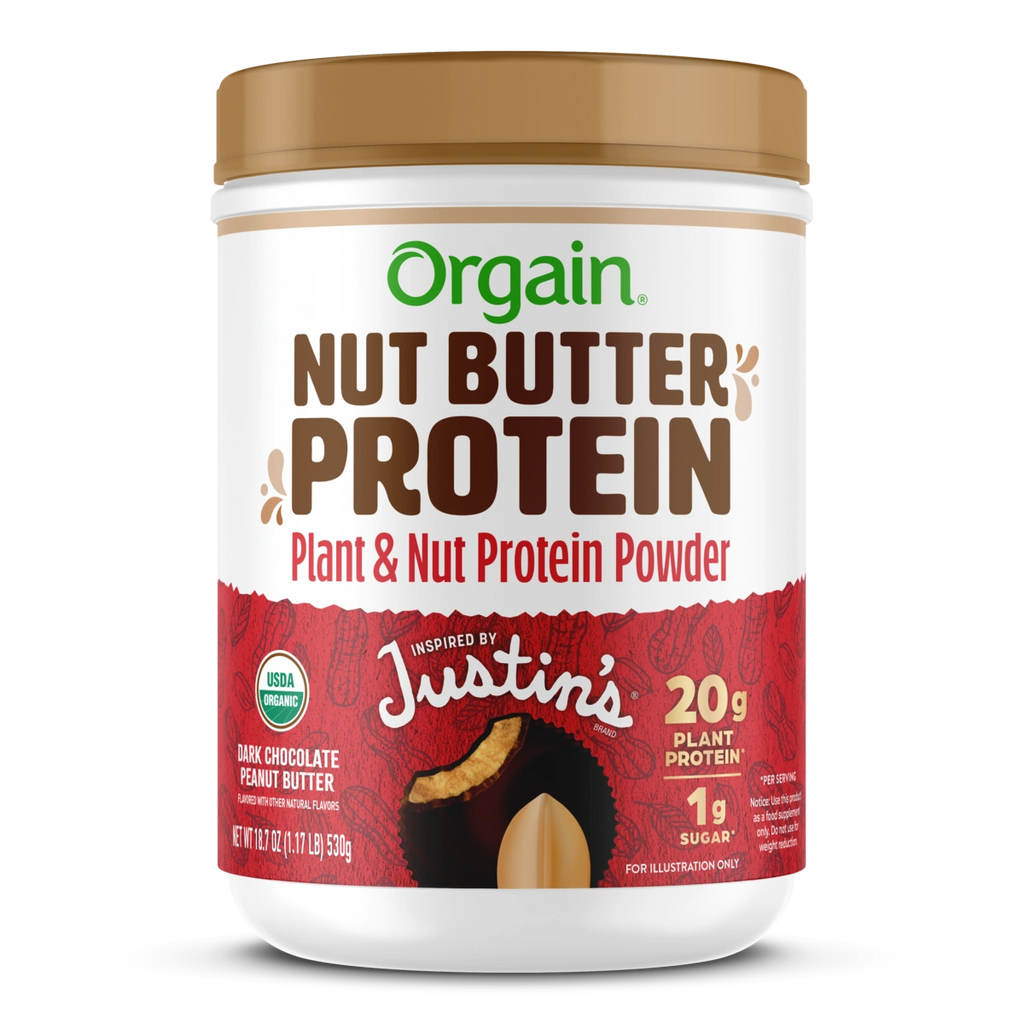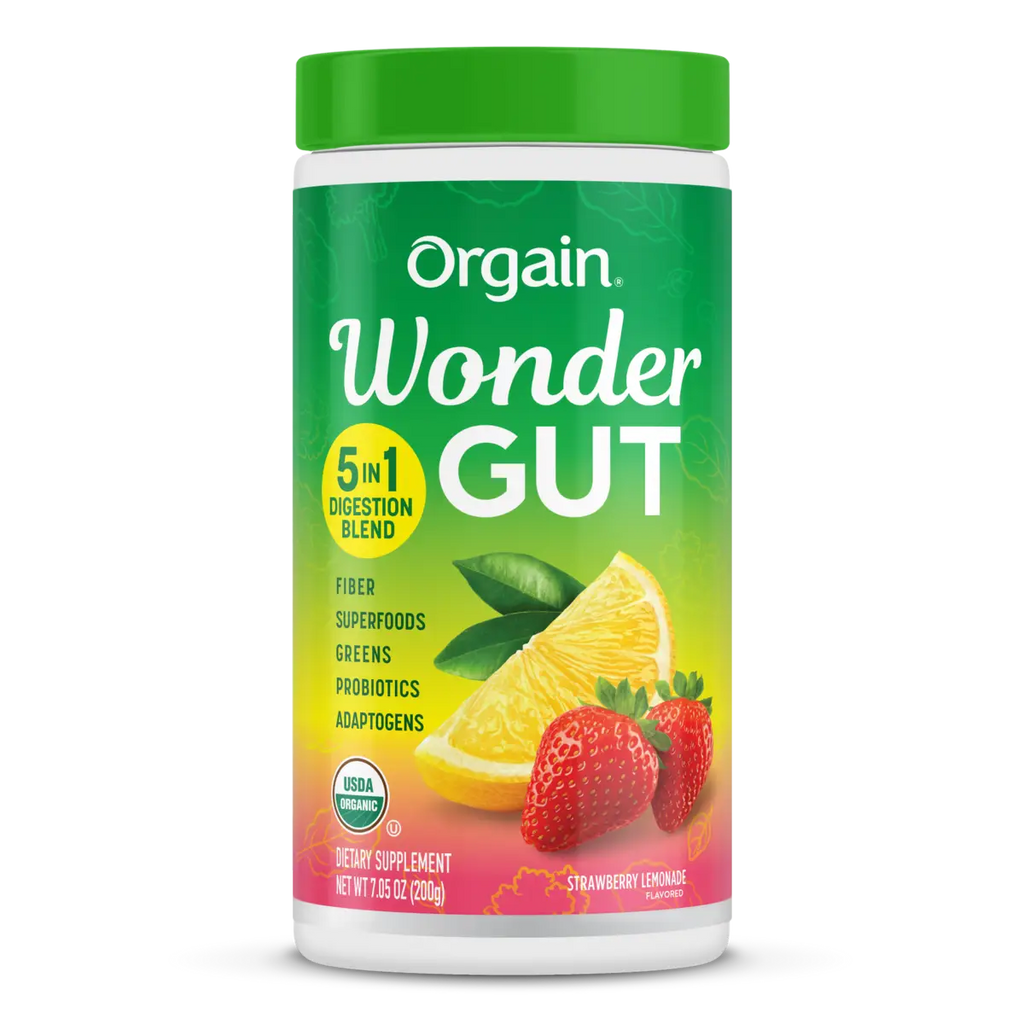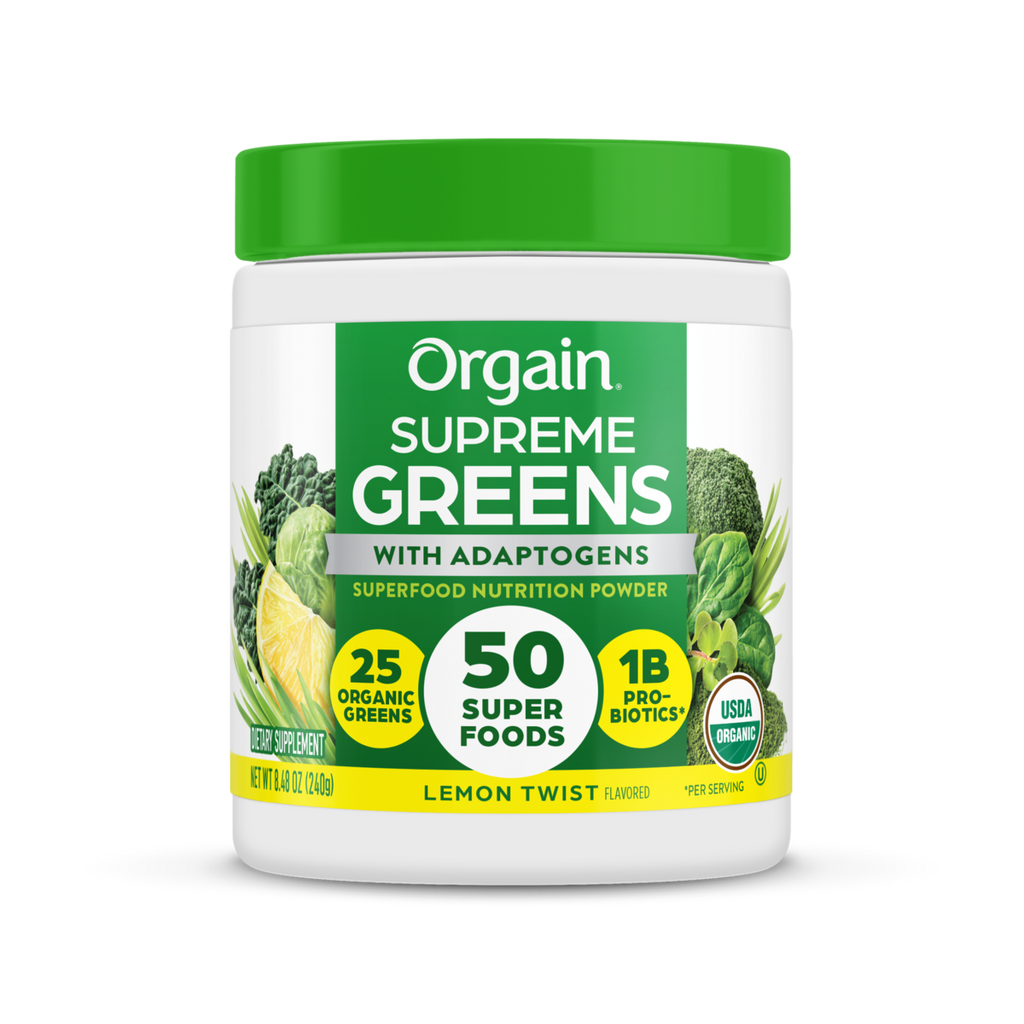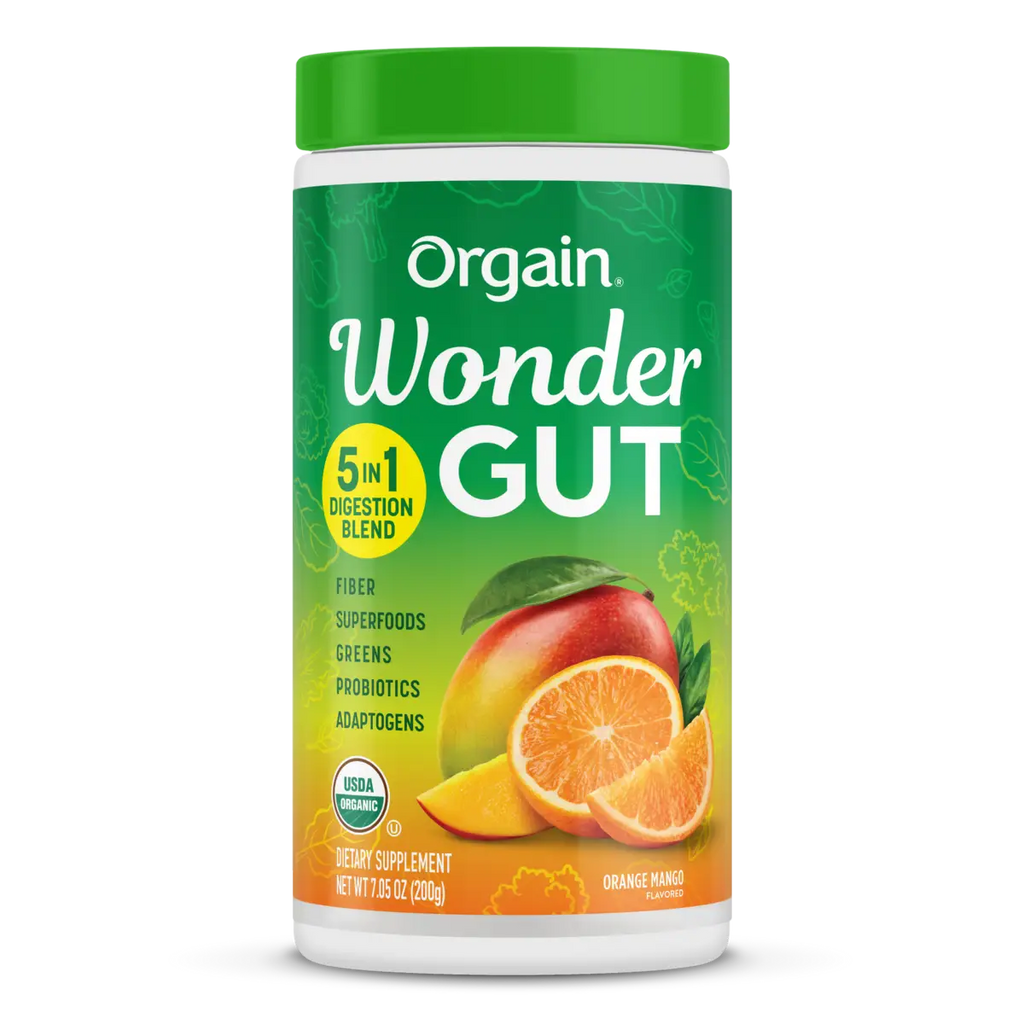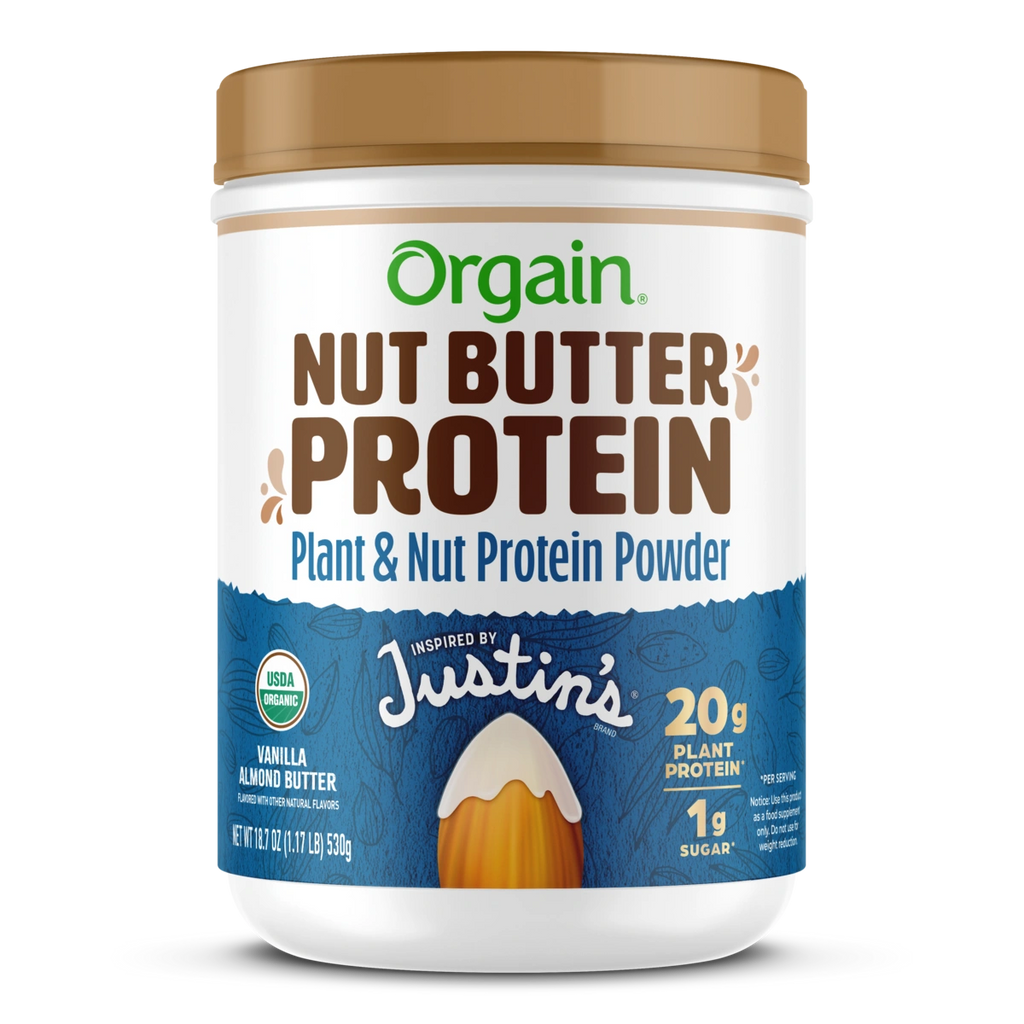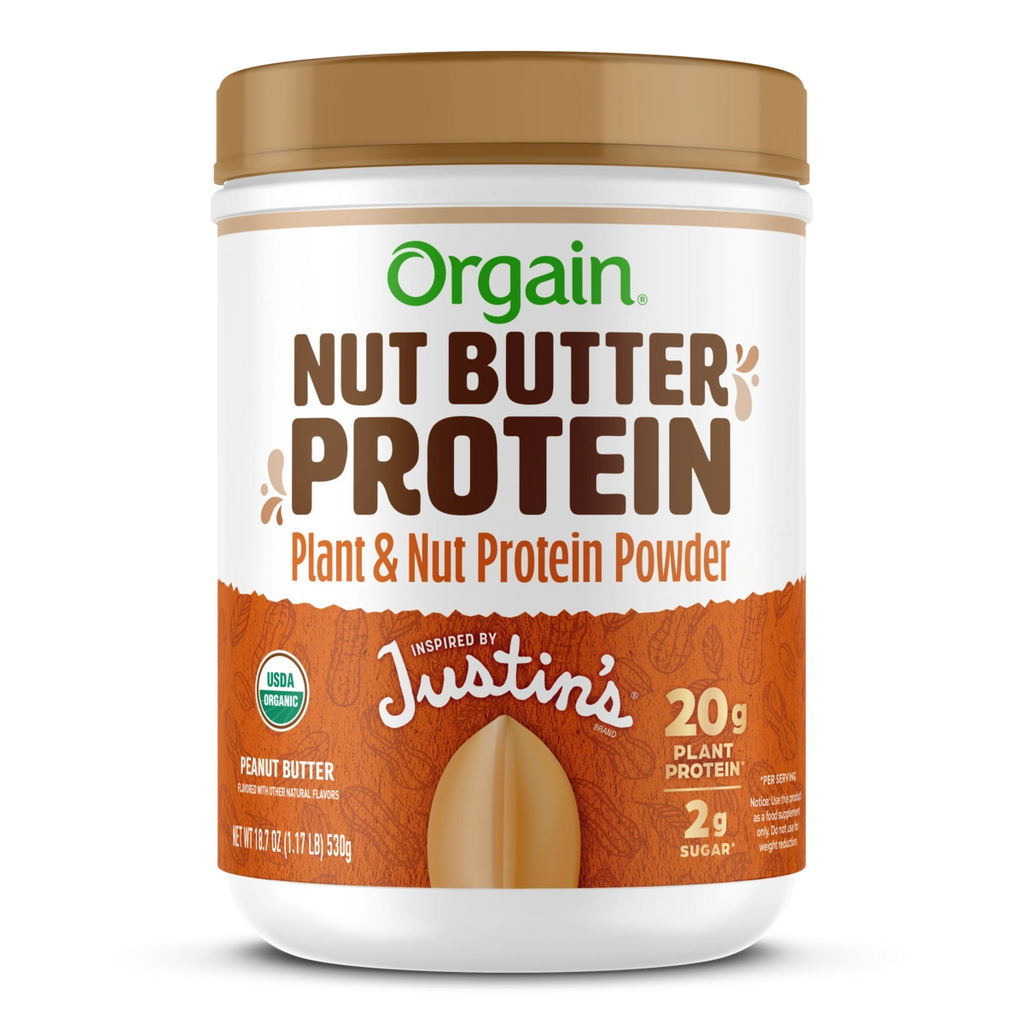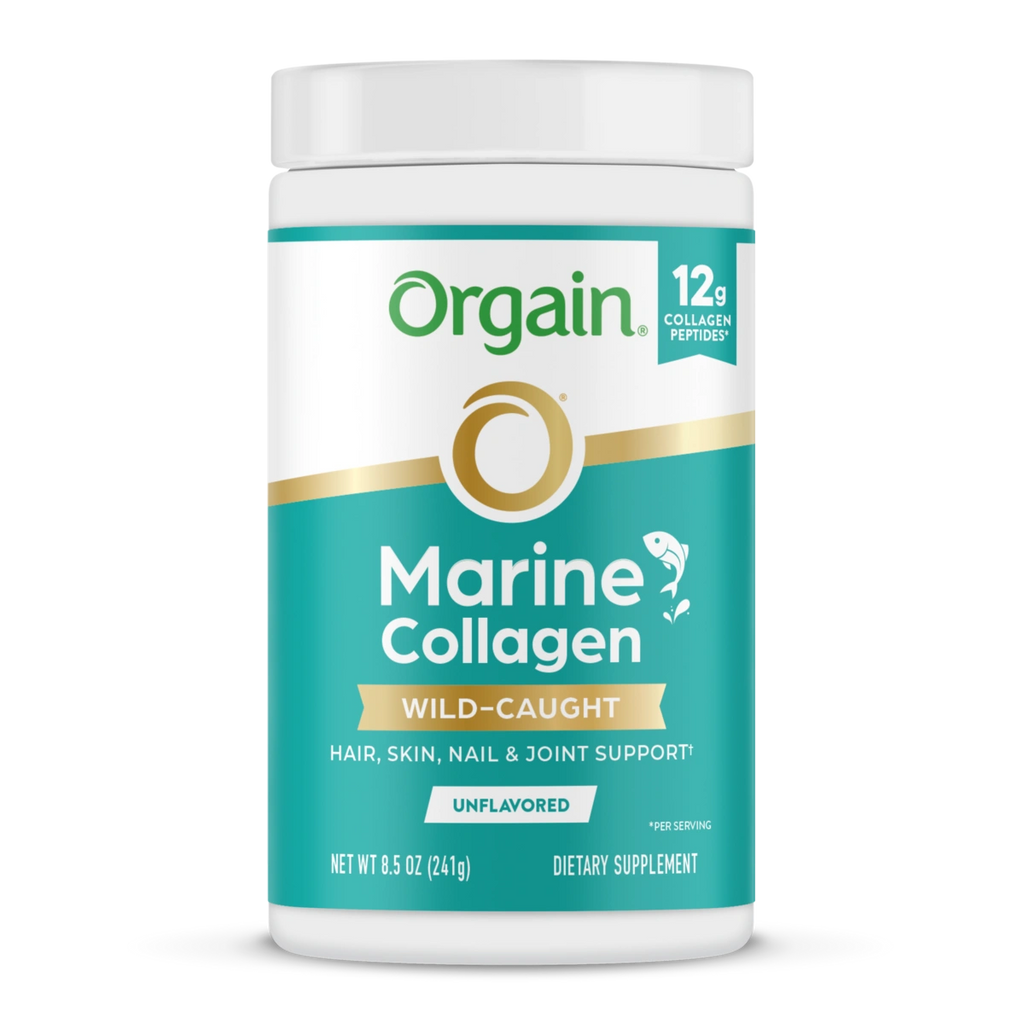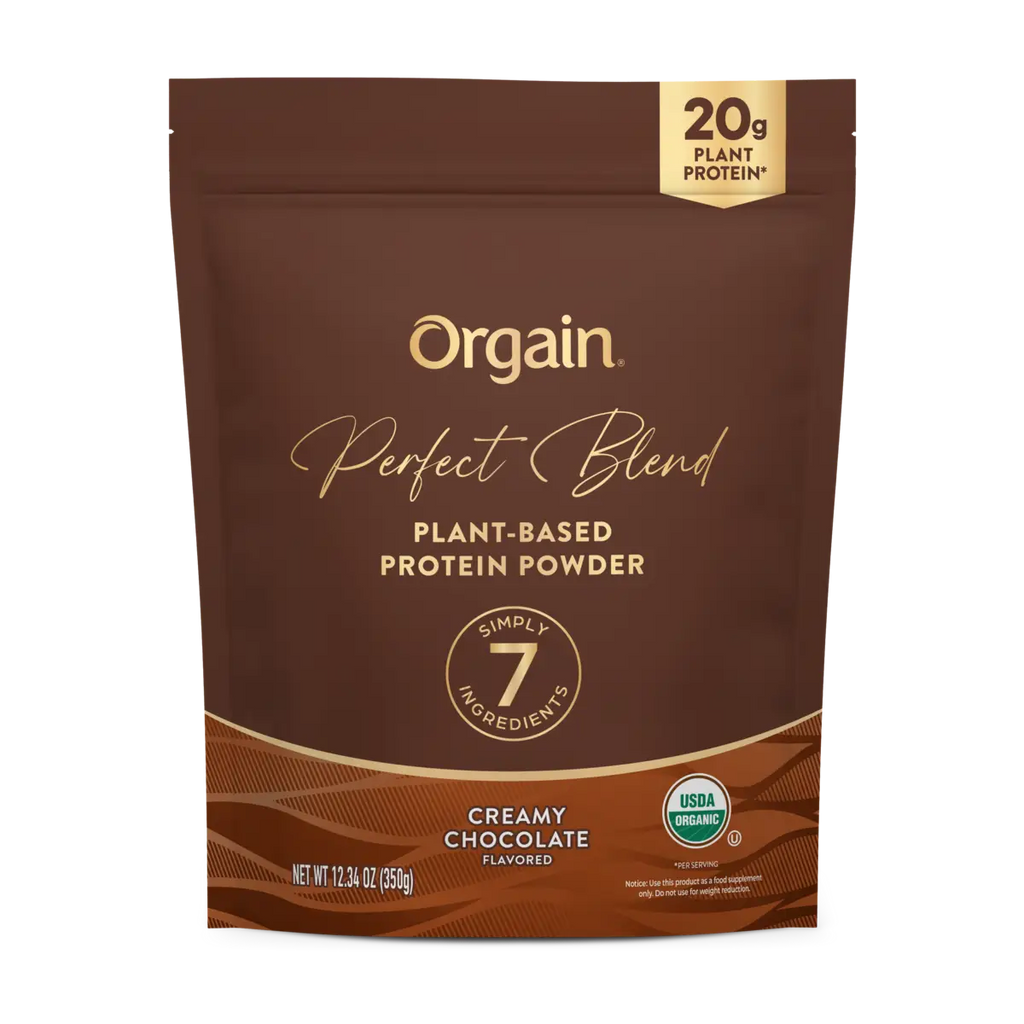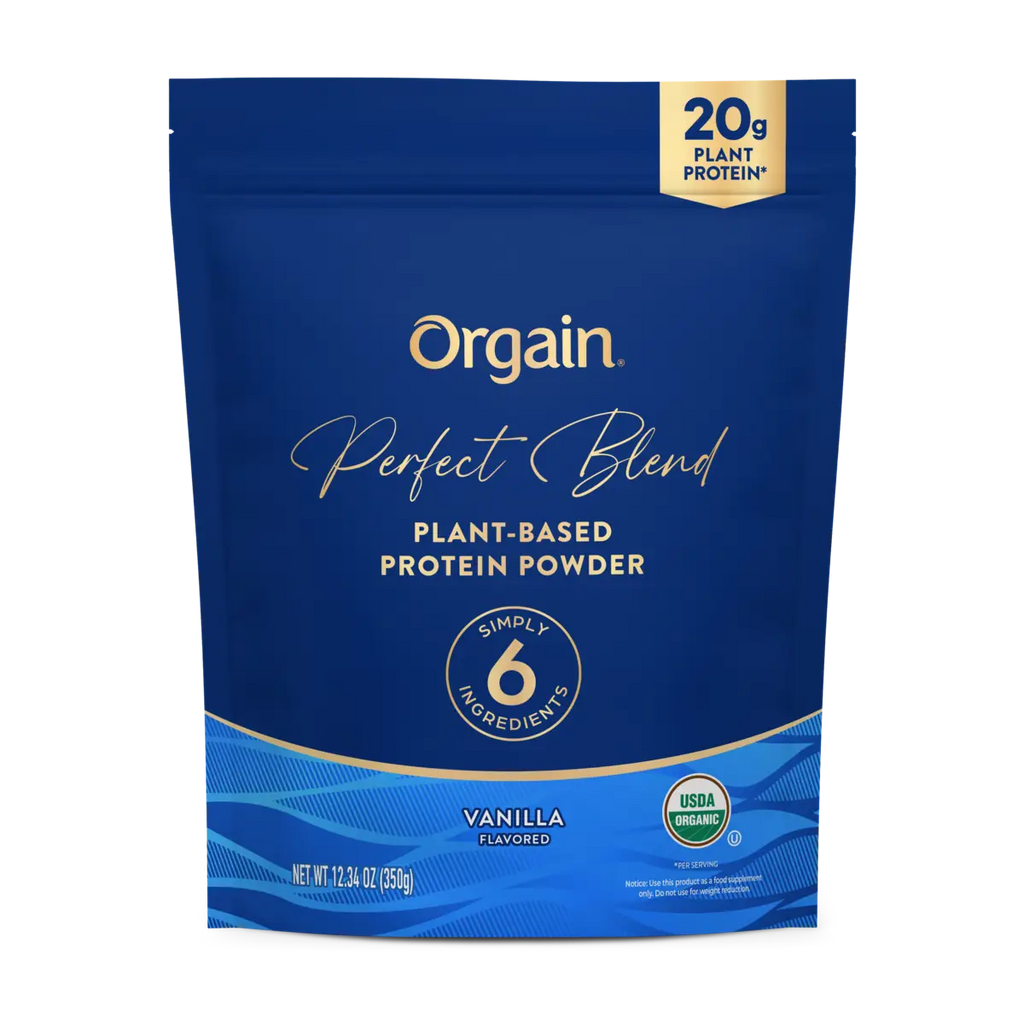Your skin is one of the first places that you start to notice the inevitable signs of aging. Whether you start to see wrinkles and fine lines, notice increasing dryness, or find that you’re experiencing reduced elasticity, premature signs of aging can start as early as your mid-20s when your body starts to naturally produce less collagen.
There are hundreds of collagen supplements on the market that claim to help you reclaim your youth, but are collagen supplements healthy for your skin?
What is collagen?
Collagen is the most abundant protein in the body, making up about one third of all of our protein. Collagen proteins are incredibly strong and large, which makes them perfectly suited to serve as the building blocks of the bones, hair, skin, muscles, ligaments, and tendons. The largest quantities of collagen are found in the skin and bones, but the substance can be found in nearly every part of the body, including the blood vessels. Protein is naturally produced by humans and animals alike, so there are no vegan sources of collagen.
There are four different types of collagen:
- Type I makes up about 90 percent of all collagen in the body. Type I collagen fibers are densely packed and very strong, which makes them ideally suited for providing strength and structure to different parts of the body, including the fibrous cartilage, teeth, connective tissue, skin, bones, and tendons.
- Type II collagen is not as densely packed as Type I collagen and is more commonly found in elastic cartilage, which provides cushion for the joints.
- Type III collagen is used by the body to support soft tissues and blood vessels, including the muscles, arteries, and organs.
- Type IV collagen is primarily found in the skin, where it helps the body filter out harmful foregin bodies from the environment.
How do your collagen levels affect your skin?
The importance of collagen for the health, structure, and appearance of the skin cannot be overstated. Approximately 75 percent of your skin consists of collagen, which the body produces naturally.
When we are young, strong strands of collagen prop up the layers of the skin and protect us from environmental dangers like sun damage. However, our collagen production begins to decline in our mid-20s and continues to decline more rapidly over time. As the amount of collagen we produce gets smaller, so too does the quality of the collagen we produce. Our skin is often the first place we notice this change.
With less and lower quality collagen to work with, the skin begins to show signs of aging. The plump, youthful skin we once enjoyed becomes marked by wrinkles and fine lines as our skin no longer has enough collagen everywhere to support the surface of the skin. The skin starts to lose elasticity, becomes more dry, and starts to sag.
The only way to improve the appearance of the skin in the long term is to increase the amount of collagen in the body and skin, and collagen supplements may be able to help.
What types of collagen supplements are available?
Collagen supplements are growing rapidly in popularity, and more companies than ever are making products that contain this essential protein.
Collagen supplements typically come in the form of a powder, capsule, or liquid that is ingested, but collagen may also be applied topically to the skin in the form of a cream.
Collagen creams have been around for ages, while ingestible collagen is rapidly growing in popularity as consumers hope to improve their health from the inside out.
Are collagen supplements healthy for your skin?
When it comes to answering the question of whether collagen supplements are healthy for your skin or not, the answer depends on what you’re actually intending to ask.
If you’re asking whether collagen supplements are okay to use on your skin (meaning they generally won’t cause harmful side effects), the answer is yes. If you’re asking whether using collagen supplements can produce health benefits for your skin, the answer is maybe, and it all comes down to what type of collagen supplement you are using.
Collagen Creams
Collagen is a complex molecule that consists of individual amino acids that chain together to form long strands, which wrap around each other to form thicker strands. These strands then wrap around each other again to form complex triple helices, which combine and stack on top of each other to form clusters. These massive molecules are not easily absorbed into the skin or into the bloodstream in their whole form.
As a result, collagen peptide creams are not effective and likely won’t produce a benefit for your skin because the collagen molecules cannot penetrate the top layer of the skin. Your skin will feel more moisturized, but that’s about it -- your wrinkles and fine lines aren’t going anywhere.
Collagen Powders, Capsules, and Liquids
On the other hand, collagen powders and ingestible supplements have been shown to have a number of health benefits that appear to hold up under scientific scrutiny, particularly when it comes to the appearance of your skin.
As noted previously, the decrease in collagen productivity and quality as we age has significant effects on the skin and contributes to wrinkles and dryness. However, several studies show that ingesting collagen supplements may help reduce signs of aging by improving skin hydration, boosting skin elasticity, minimizing the appearance of wrinkles, and reducing wrinkle depth.
One study found that women who took a collagen supplement experienced less skin dryness and noticed a significant increase in skin elasticity compared to those taking a placebo supplement. Another study found that women taking a collagen supplement every day over the course of three months reported a reduction in wrinkle depth and an improvement in skin hydration.
It’s believed that improvements to the appearance of wrinkles occur because collagen supplements encourage the body to produce more collagen on its own. Additionally, the supplements may also cause the body to produce other proteins that influence the appearance and structure of the skin, including elastin and fibrillin.
It should be noted that the studies that demonstrate the beneficial effects of collagen are relatively small and are primarily conducted in women over the age of 35, but the results are promising. While some people may be more likely to notice an improvement in their skin when taking a collagen supplement than others, collagen supplements aren’t harmful.
If any side effects are experienced, they are typically associated with mild digestive discomfort and may be avoided if the amount of collagen is ingested is gradually increased over an extended period of time rather than starting at the recommended serving size.
Summary
Collagen generally won’t harm your skin, but there’s a noticeable difference in results when it comes to using collagen supplements versus topical collagen creams. While creams have not been shown to be effective in preventing signs of aging in the skin, topical creams like retinoids can boost collagen production in the skin. Additionally, ingestible collagen supplements like Collagen Zero™ Protein Powder from Orgain may help support skin health by adding more moisture, improving skin elasticity, and reducing the appearance of fine lines and wrinkles.
Sources:
